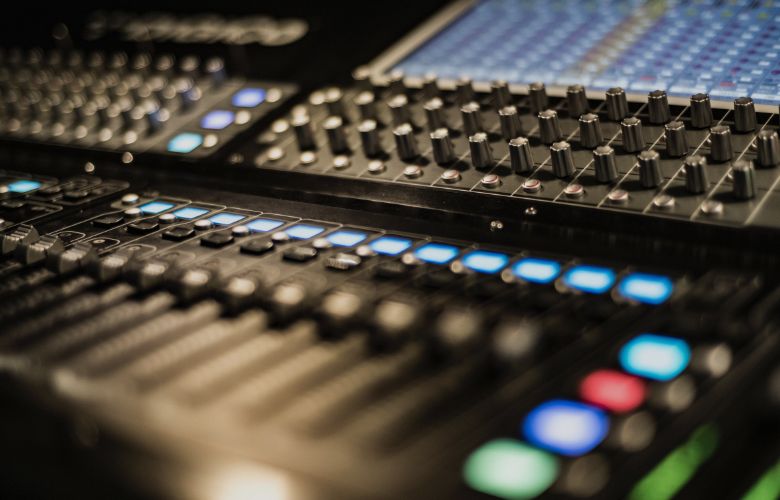
The release of the first annual Fix The Mix report has found that women and non-binary producers and engineers are lost in the mix across the music industry. The studies were undertaken in a collaborative effort between We Are Moving the Needle, Jaxsta, Middle Tennessee State University and Howard University, with the findings presented by Emily Lazar, Beth Appleton, Meghan Smyth, Beverly Keel, Carolyn Malachi, Jordan Hamlin, Gabriela Rodriguez Bonilla & Jasmine Kok.
The inaugural Fix The Mix Report examines gender representation among people receiving production and engineering credits across the music industry, specifically as it pertains to women and non-binary technical creators and professionals. It provides an in-depth analysis of those credits, examining both the top-line key roles of producer, engineer, mixing engineer, and mastering engineer, as well as additional production and recording roles including programmer, vocal producer, editor, and assistant roles.
The Fix The Mix report is the first major study of gender representation across all credited production and engineering personnel by role.
This study acknowledges the stalwart and pioneering research conducted by the USC Annenberg Inclusion Initiative, which released six reports on the music industry spanning from 2012 through 2023. In the January 2023 update, the Annenberg study reported that women account for only 2.8% of all music producers credited across 1,100 songs on the Billboard Hot 100 Year-End Charts from 2012-2022 (Smith et al., 2023, p. 4).
The aforementioned report gives insight to gender representation by looking at 100 songs per year over eleven years. The Fix The Mix report analyzes data from one year (2022) across a total of 1,128 songs (757 top streamed songs, 30 GRAMMY-winning albums, Top 50 songs from the Spotify Billions Playlist, the Top 50 songs from the RIAA Diamond Certified Records List, and a breakdown of technical creator roles by distributor.
Despite the statistic that only 2.8% of music industry producers and engineers are women, this report’s highly detailed examination of representation across different genres, DSP playlists, awards and certifications, reveals that the levels of representation for women and non-binary individuals vary significantly, ranging from 0% to 17.6% in specific sectors.
While some genres of the industry seem to be more inclusive in their hiring practices, it is important to note that even with increased representation, the overall numbers remain alarmingly and unacceptably low.
The Fix The Mix report expands the existing body of knowledge regarding inclusion in the music industry by taking a comprehensive look at top streamed songs, albums, genres, awards, and market share. With this report, the music industry will be able to target its collective efforts toward the areas where action is needed most as well as measure more specifically if progress has been made. This study presents metrics and data-informed strategies in an effort to realize quantifiable change.
Emily Lazar, Grammy Award-winning mastering engineer and founder of We Are Moving The Needle said:
“This study confirms what I’ve known after spending decades behind the board in the recording studio – women are not being given the same opportunities as men in production and engineering roles.
Ensuring that there is more gender and racial diversity among music’s creators is not actually a complex problem if you want to solve it. The most important step is for artists and record labels to be able to hire from a more diverse pool of producers, mixers, and engineers, but it’s exceedingly hard to hire people when you can’t find them.
We hope this report will give decision makers the motivation and tools they need to make real change in their hiring practices so we can achieve gender parity in production, engineering and mastering roles.”
Accessibility At The Smith Center Series: Part One
James “Fitz” FitzSimmons Interview: The Boys In The Band On Netflix


Michelle is a musician and composer from the UK. She has performed across the UK and Europe and is passionate about arts education and opportunities for women and girls.
Read Full Profile© 2021 TheatreArtLife. All rights reserved.

Thank you so much for reading, but you have now reached your free article limit for this month.
Our contributors are currently writing more articles for you to enjoy.
To keep reading, all you have to do is become a subscriber and then you can read unlimited articles anytime.
Your investment will help us continue to ignite connections across the globe in live entertainment and build this community for industry professionals.